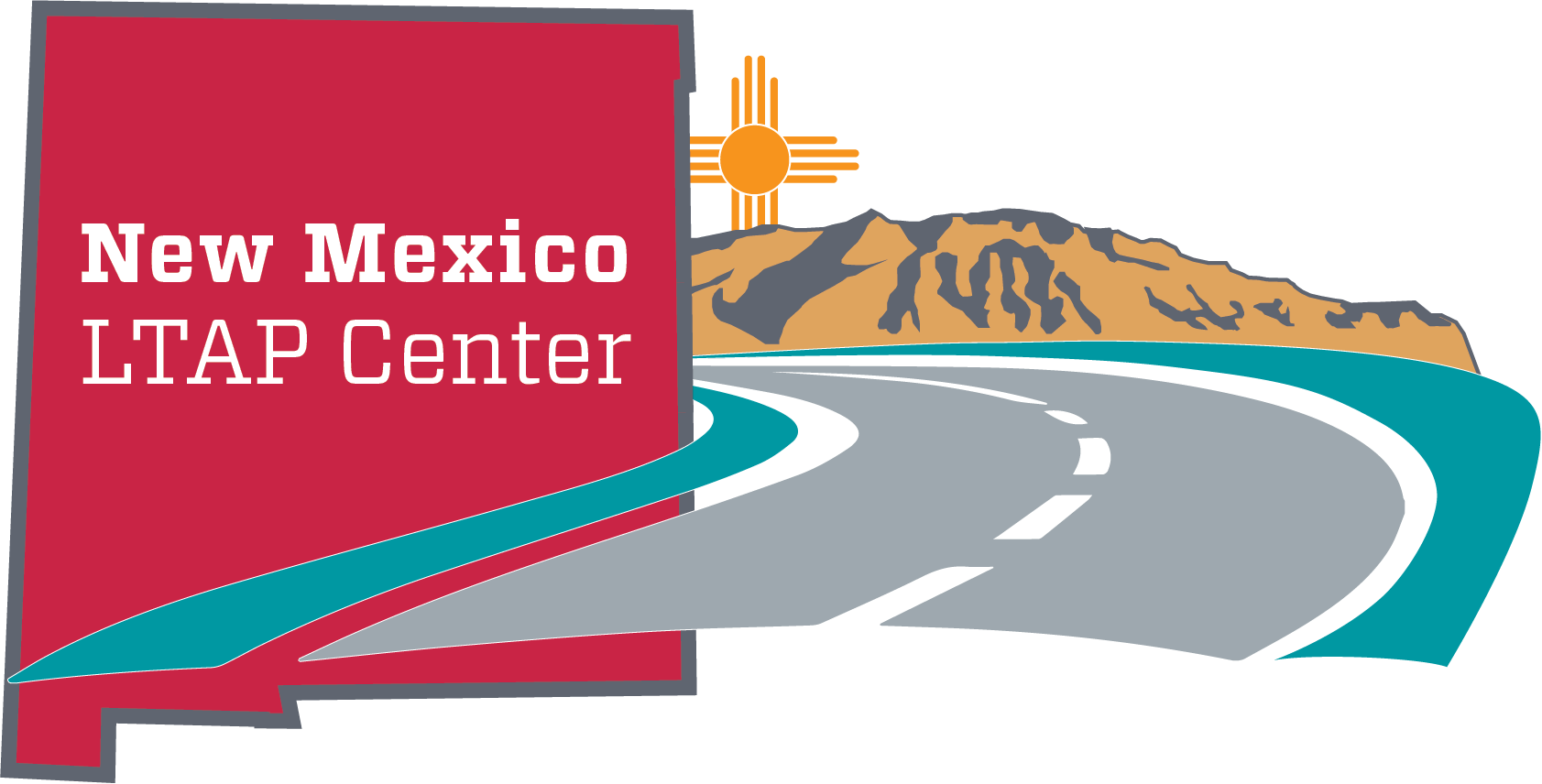
Data Observation Network for Earth (DataONE) is the foundation of new innovative environmental science through a distributed framework and sustainable cyberinfrastructure that meets the needs of science and society for open, persistent, robust, and secure access to well-described and easily discovered Earth observational data.
Supported by the U.S. National Science Foundation (Phase 1 Grant #ACI-0830944, Phase 2 Grant #ACI-1430508) as one of the initial DataNets, DataONE will ensure the preservation, access, use, and reuse of multi-scale, multi-discipline, and multi-national science data via three primary cyberinfrastructure elements and a broad education and outreach program.

The Department of Civil, Construction, and Environmental Engineering at UNM has a long history of excellence in teaching, research, and service that has improved the lives of New Mexicans and those beyond our borders. Its graduates create the infrastructure that enables communities of every size to thrive. The infrastructure built and maintained by civil engineers, construction engineers, and construction managers supplies clean drinking water while protecting water resources, creates a reliable and safe transportation system, and delivers the energy that lights our homes and powers our economy.

UNM’s Department of Geography and Environmental Studies is an energetic department that is passionate about innovative teaching and research that dynamically explores human-environment relations and change. Our teaching and research are inspired by the complex geographic contexts of New Mexico and the borderlands of the US Southwest and extend to questions, cases, and places around the globe. Our department is characterized by leadership in the areas of spatial thinking, environmental understanding, and geographic information science. We strive to provide generative curricular and research programs that integrate multiple methodologies with transdisciplinary conceptual and applied frameworks. Through these programs, we seek to empower our students, our communities, and ourselves to holistically address current, multifaceted, real-world problems.

New Mexico’s Established Program to Stimulate Competitive Research (NM EPSCoR) is funded by the National Science Foundation (NSF) to build the state’s capacity to conduct scientific research. Faculty and students from NM universities and colleges are working to realize New Mexico’s potential for sustainable energy development. NM EPSCoR is also cultivating a diverse, well-qualified Science, Technology, Engineering, and Mathematics (STEM) workforce and supporting a culture of innovation and entrepreneurship.

The New Mexico LTAP center provides technical assistance and training to support workforce development with the aim of helping local governments and municipalities across New Mexico meet their transportation needs. Our mission is to provide technology transfer in the surface transportation arena and to promote surface transportation and worker safety to all New Mexico public works and transportation agencies. While the LTAP center can provide information and guidance that may help local governments and municipalities address a wide range of transportation management, planning, and engineering challenges, we are not an engineering service. We do not design transportation projects.

The Bureau of Business and Economic Research (BBER) at UNM is the recognized expert in providing socioeconomic data and forecasting in New Mexico. With more than 70 years of experience, BBER’s research team provides economic forecasting as well as research services and communication tools tailored to the needs of clients – public, private, nonprofit, and philanthropic – seeking to understand and shape public policy on the state, regional, and local levels.

Our research group aims to develop the use of next-generation smart sensing technologies and strategies towards safer, cost-effective, resilient, and sustainable structures. We are interested in monitoring and assessing structures subjected to dynamic loading and hazards, unusual stress levels, and extreme loading events. Our research topics involve wireless smart sensing, structural health monitoring, cost-effective prioritization of assets, structural modeling and validation, existing structure field monitoring and assessment, and laboratory testing and validation of structural systems under dynamic loading.

The Geographic Information Science for Environmental Management (GEM) Laboratory seeks to advance methods for the detection, measurement, analysis, and prediction of environmental phenomena to inform and enable effective land and resource management. Seeking ultimately to improve societies’ ability to respond to and strategically alter their environment, GEM leverages the spatial sampling and analytical power of GIS and Remote Sensing to improve decision-making. This necessarily involves the development of GIScience theory, methods, and technologies.

The theme of the Center is “Solving Emerging Transportation Resiliency, Sustainability and Economic Challenges through the Use of Innovative Materials and Construction Methods: From Research to Implementation.” The Center’s Mission is to support all phases of research, technology transfer, workforce development, and outreach activities of emerging technologies that can solve transportation challenges in Region 6. While the focus of Trans-SET will be on FAST research priority four (Improving the durability and extending the life of transportation infrastructure), the Center will address all transportation challenges throughout Region 6 in regard to transportation research, education, workforce development, and technology transfer.

The Federal Emergency Management Agency (FEMA) is committed to enhancing the nation’s resilience and preparedness in the face of disasters and emergencies. FEMA’s mission is to help people before, during, and after disasters. This is accomplished by coordinating effective responses to disasters, mitigating the impact of hazards, aiding in disaster recovery, and promoting community preparedness. FEMA focuses on disaster response coordination, hazard mitigation planning, disaster recovery assistance, providing financial support for rebuilding efforts, and offering training and education to individuals, communities, and first responders.
The New Mexico Department of Homeland Security and Emergency Management (DHSEM) protects the people of NM with a program that works to mitigate hazards, prepare for emergencies, prevent attacks, and recover from disasters regardless of cause. The department prepares for different emergencies, including wildfires, flooding, health crises, and domestic attacks. The DHSEM coordinates with state and local law enforcement and federal partners such as the FBI and the U.S. Department of Homeland Security. Emergency management is coordinated under the five mission areas of the National Preparedness Goal: prevention, protection, mitigation, response, and recovery.

The New Mexico Department of Public Safety (DPS) provides public safety services, training, and disaster and emergency response for the State of New Mexico and its law enforcement community. The top priority is to protect human life and property by detecting and preventing criminal activity through the enforcement of state laws and regulations. The vision is to evaluate and develop efforts to become a national model in providing ethical, innovative, effective, efficient, and customer-oriented, public safety services to the citizens and visitors of NM.
The New Mexico Department of Information Technology (DoIT) is an executive branch cabinet-level department to streamline and improve state information technology systems. The department is organized into three divisions: Enterprise Services, Compliance and Project Management, and Program Support. EDAC is assisting the Connect New Mexico – Office of Broadband Access & Expansion (OBAE) in providing a “Statewide Open Access Middle Mile Network” for equitable and inclusive broadband solutions (read more).